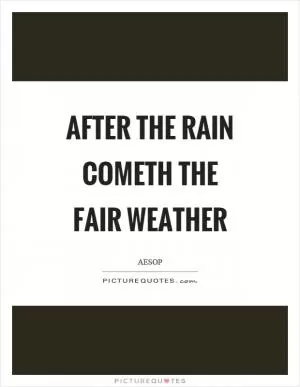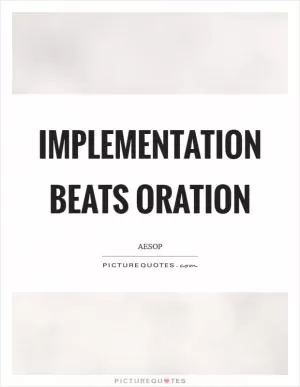We often despise what is most useful to us

We often despise what is most useful to us
In the fables of Aesop, the ancient Greek storyteller, there are numerous instances where characters despise or overlook what is most useful to them. Aesop's fables are known for their moral lessons and insights into human nature, and this theme of despising what is most useful is a common thread throughout many of his stories.One of the most famous examples of this theme can be found in the fable of "The Fox and the Grapes." In this story, a hungry fox sees a bunch of ripe grapes hanging from a vine and desires them greatly. However, when he is unable to reach the grapes, he convinces himself that they are probably sour and not worth his effort. In this fable, the fox despises what is most useful to him – the sweet and nourishing grapes – because he cannot obtain them easily.
Another example of this theme can be seen in the fable of "The Ant and the Grasshopper." In this story, the grasshopper spends the summer singing and dancing, while the ant works diligently to store food for the winter. When winter comes, the grasshopper finds himself hungry and cold, while the ant is warm and well-fed. The grasshopper despises the ant for his hard work and foresight, even though it is the ant's industriousness that ultimately saves him from starvation.
These fables serve as cautionary tales about the dangers of overlooking or despising what is most useful to us. They remind us that sometimes the things we need the most are not always the things we desire in the moment. By highlighting the consequences of such attitudes, Aesop's fables encourage us to appreciate and value the things that are truly beneficial to us, even if they may not always be the most glamorous or exciting.












 Friendship Quotes
Friendship Quotes Love Quotes
Love Quotes Life Quotes
Life Quotes Funny Quotes
Funny Quotes Motivational Quotes
Motivational Quotes Inspirational Quotes
Inspirational Quotes